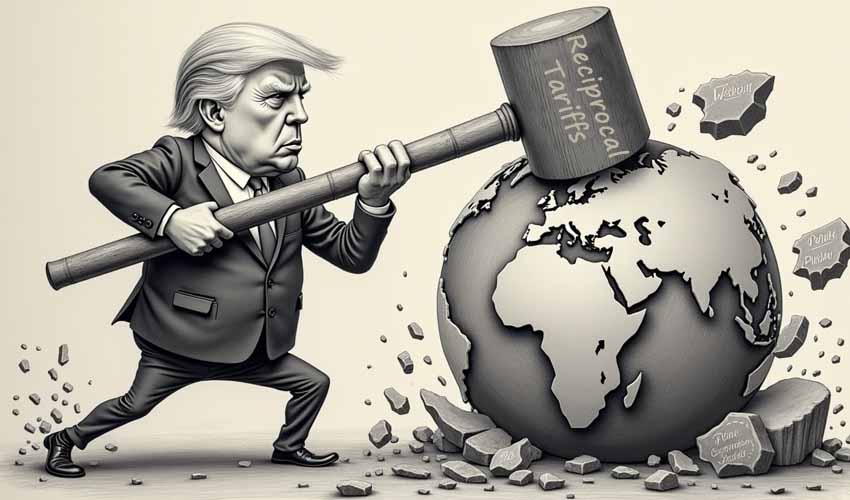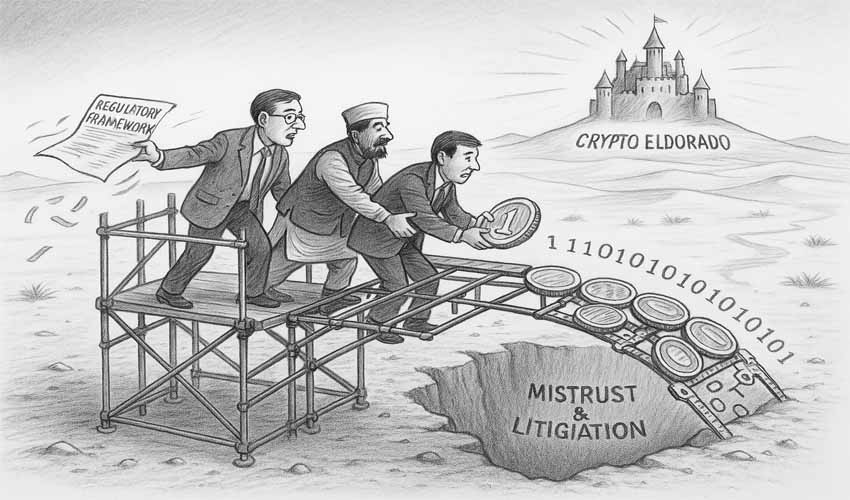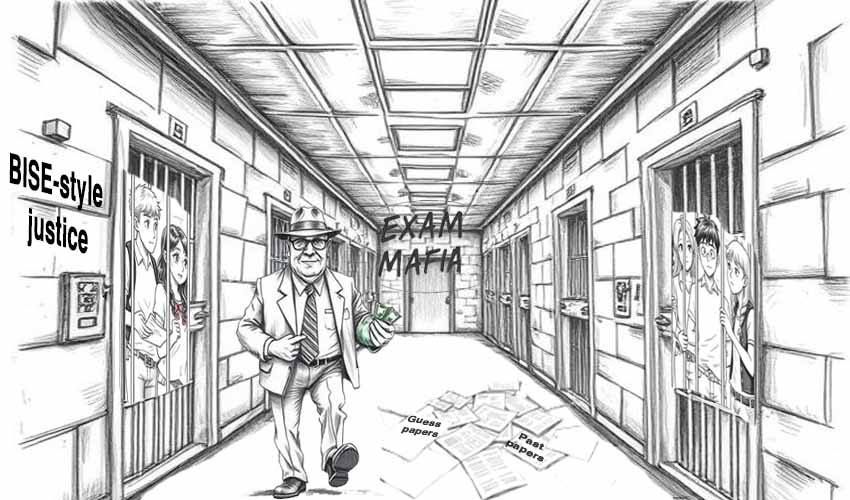US President Donald Trump’s ‘Liberation Day’ stunt has apparently boxed Pakistan into a corner. With tariffs being slapped left and right, adversely affecting economies worldwide, Islamabad has no choice but to focus on damage control. The government now moves to draft a policy response, as stakeholders scramble to prepare for the economic blowback and to find new workarounds to grow in the hostile international market.
Trump’s latest tariffs are blunt weapons in the reckless economic war on the world. The announcement has further blurred the line between economic independence and outright dominance. No one knows whether the new tariffs are about raising revenue or retaliation. However, this trade war, just like other wars, will surely bring losses on both sides.
The US seems determined to gain a competitive advantage in the inevitable war of goods by hitting reciprocal tariffs – ranging from the baseline 10 percent to a crushing 54 percent. Almost all of its more than 180 trading partners have been hit, both “friends and foes”, who Trump labelled as “cheating nations”. Pakistan stands among the most vulnerable nations, with a stumbling 29 percent reciprocal tariff in addition to the 10 percent base tariff.
Pakistan must drop its survival instinct and abandon the old trade routes that no longer serve its economic interests. Instead, it must look for new partners and export destinations to boost the economy
Pakistan cannot survive this trade war even if it tries to go head-on, especially with many more hurdles – each hanging like a sword of Damocles – including limited access to key markets, declining foreign investment, and economic uncertainty. Since the uniformity of tariff imposition rules out any chance of immunity, banking on hopes for leniency from Washington should not be part of Pakistan’s strategy. Still, Islamabad must engage Washington directly to negotiate wherever possible instead of waiting for any signal or sympathy.
Pakistan must drop its survival instinct and abandon the old trade routes that no longer serve its economic interests. Instead, it must look for new partners and export destinations to boost the economy. That must be complemented with efforts to ensure that Pakistani goods and services are competitive enough to penetrate new markets.
Pakistan alone is responsible for managing the fallout of this trade war. It must now move toward regional alliances and even unusual partnerships that might have been off the table before. The global shifts are swift, so the country must step on the gas and make a bold shift in its strategy to avoid being a casualty in yet another war that it did not start.


























